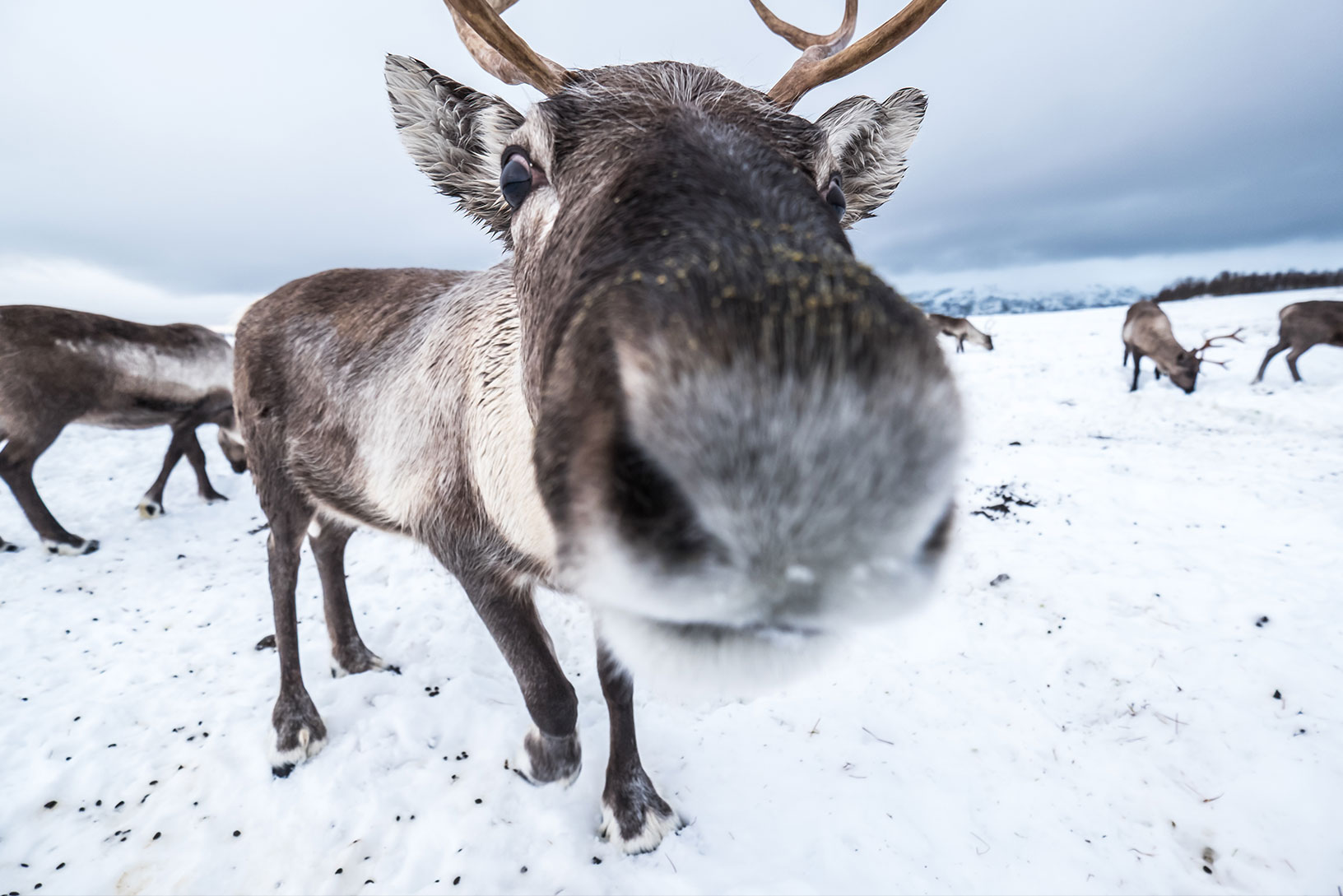Table of contents
For many Europeans, the Christmas holidays on the 24th and 25th of December are set aside as a tranquil time to spend with loved ones. And for most people, the historical background is linked to the birth of Jesus Christ. But, as the saying goes, “Different countries, different customs”.
Scandinavian Christmas
Yuletide is when our Scandinavian friends celebrate the winter solstice from the 21st of December to the 1st of January. This is their “Julfest”. Many legendary stories and customs surround the mystical origins of this holiday, which was initially celebrated in honour of the Norse god Odin. During this period, the ancient Celtic and Germanic people celebrated the sun’s birth. Over the centuries, the winter solstice festival became today’s Scandinavian Christmas holiday, Yule. Instead of a crib under the Christmas tree, many Nordic families have a “Yule goat” instead, called a “Julbock”, which is made of straw. This symbolises the weight of carrying the presents, which the children love so much. One especially light-hearted custom is giving small joke presents to certain people under the guise of “Julklapp”, (like Secret Santa). In the north, the twelve days leading up to the 6th of January are regarded as the Festival of Lights, when many old customs are brought back to life. During these days, the houses in the far north are cleansed with smoke and protected against evil spirits. The Yule log, a large piece of wood, burns for the twelve nights and is a reminder of past ancestors. These festive days are also known as the “Rauhnächte”. This literally means “rough nights” or “smoke nights”, and is a time when evil spirits are driven away and the dark winter season ends. Today’s Yuletide still involves the Yule log under the Christmas tree and sharing small presents as Secret Santa.
Jumping into cold water for Christmas
Every year, the Irish swim in the cold water by Forty Foot rock, and they celebrate the Christmas swim in droves. On Christmas Day, thousands of Irish people plunge into the ice-cold water, much to the delight of the warmly wrapped-up onlookers. In cold temperatures, it’s hard to imagine jumping into even colder water. However, as an island community, the Irish have a unique relationship with the water, so that more and more people participate in this tradition every year.
Parul Sampernandu – The Lantern Festival
From cold to warm: In the Philippines, the residents, and many sightseeing tourists, celebrate the Giant Lantern Festival on the Saturday before Christmas. In San Fernando, there is a big competition where different villages from the area compete to show off their giant lanterns. Anyone attending this festival is in for a spell-binding evening.
BBQ sauce for the Christmas holidays
Staying with the warm temperatures, let’s look at the Christmas holidays of our Australian colleagues. Considering the weather down under, it’s not surprising that snow, fir trees and mulled wine aren’t on the Christmas agenda. Instead, the Australians celebrate by throwing a giant BBQ with their family and friends, sometimes the whole neighbourhood!
Many of the typical American Christmas traditions are also observed in Australia; for example, Santa Claus brings all the presents on Christmas Eve, just like in the US.
Grandfather Frost as Cupid, messenger of love
Russia is one of the countries which doesn’t celebrate Christmas on the 24th of December but on the 6th and 7th of January. Our Russian neighbours aren’t visited by Father Christmas or the Christ Child either. Instead, they’re visited by Grandfather Frost, who not only spends his time delivering presents but also shooting Cupid’s love arrows. One Russian tradition says that following this, single women in the country should find their future husbands within two weeks. In Russia, Christmas presents are given on New Year’s Eve and are said to be presents from Grandfather Frost. Epiphany, on the 6th of January, also marks the end of a 40-day fasting period and is often celebrated in the Orthodox Christian faith with a long church service.
Intercontact wishes you a wonderful holiday season
Every country, continent and culture uses this holiday season to spend quality time with family and friends. Throughout the world, people gather, feast and celebrate. Whether in sub-zero temperatures or on the beach, we all share a common bond as we connect with loved ones and look back at the year that’s passed.
This year, the intercontact translation agency team is celebrating cultural diversity and a successful 2022. We thank our colleagues, freelancers and clients for all of the great collaborations and wish everyone a happy holiday, no matter where in the world you are!
written by Sabrina Baumgardt
